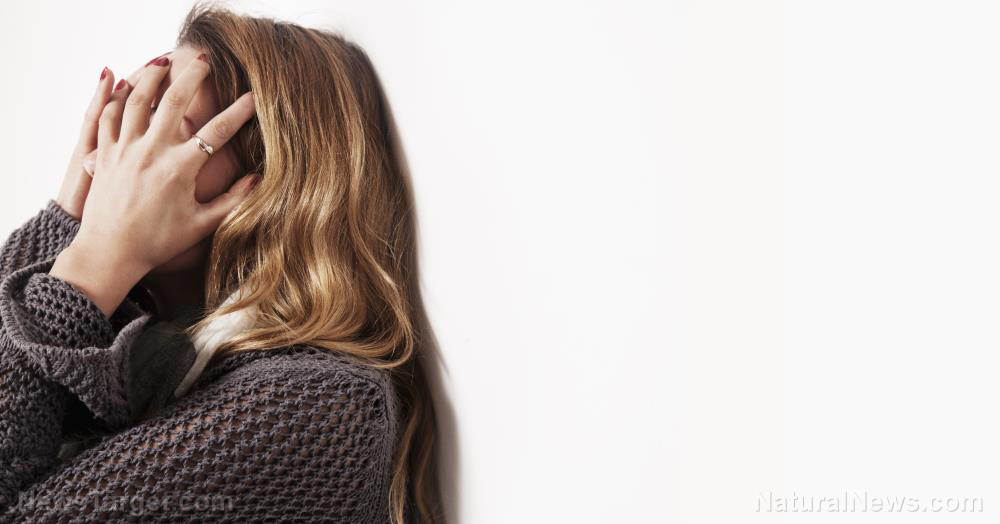A new study finds homeopathic treatments improve vitiligo, a condition where skin loses its pigment
02/04/2018 / By Michelle Simmons

A case report found that homeopathy could improve vitiligo, an autoimmune disease that causes the skin to lose its melanin pigment. The case report was led by a team of researchers from the Centre for Classical Homeopathy in Bangalore, India who looked at a series of 14 cases of vitiligo that involved treatment with individualized homeopathic remedies which were based on plant, animal, or mineral compounds. The individuals involved in the case series included 13 women and one man with an average age of 29.8 years. On average, the patients were followed up after 58 months, which suggested that they could have turned to other ways to help treat the disease.
The research team found that individual homeopathic treatments for vitiligo resulted in a positive effect on all 14 patients. In addition, they found that the best results can be seen in the patients who were treated during the initial stages of the disease.
“We believe that homeopathy may be effective in the early stages of vitiligo, but large controlled clinical studies are needed in this area,” the research team wrote.
The findings of the study were published in the American Journal of Case Reports.
The study comes after the criticisms against Prince Charles and Boots the chemist surfaced because of their support for alternative medicines. In 2017, the National Health Service (NHS) in England decided to prohibit doctors from recommending homeopathic treatments as a means to cut costs in March. (Related: Homeopathy under attack – Bioethics expert argues for closure of homeopathic hospital)
Also known as homeopathic medicine, homeopathy was developed in Germany more than 200 years ago as an alternative medical system. Homeopathy supporters believe in the two theories — “like cures like” and “law of minimum dose.” In the “like cures like” theory, they believe that a disease can be treated by a substance that produces the same symptoms in healthy people. On the other hand, the “law of minimum dose” is the belief that the lower the dose of the medication, the greater its efficiency. Most homeopathic remedies are very diluted that no molecules of the substance stay.
Homeopathic remedies are obtained from the substances of plants, minerals, or animals. It is available in different forms, such as sugar pellets, ointments, gels, drops, creams, and tablets. Moreover, treatments are individualized to every person, so people with the same condition may receive different treatments.
More on vitiligo
Vitiligo develops when the cells that produce melanin die or stop functioning. The reason why cells die or fail to function remains unknown, but it may be related to an immune system disorder that attacks and kills the skin’s melanocytes, heredity, or a trigger event such as sunburn, stress, or exposure to chemicals.
The condition affects people of all skin types and the skin on any part of the body. In addition, it may affect hair and the inside of the mouth. However, the extent and rate of color loss from vitiligo are uncertain. This disease is not deadly nor contagious, but it can be stressful and lower your self-esteem.
Signs of vitiligo include patchy loss of skin color; premature whitening or graying of the hair on the scalp, eyelashes, eyebrows, or beard; loss of color in the tissues lining the inside of the mouth and nose; and loss of or change in color of the inner layer of the eyeball. Vitiligo can also increase the risk of social or psychological distress, sunburn and skin cancer, eye problems such as iritis, and hearing loss.
Read more stories on alternative remedies for diseases at AlternativeMedicine.news.
Sources include:
Tagged Under: alternative medicine, complementary medicine, homeopathic remedies, homeopathic treatments, Homeopathy, Naturopathy, research, vitiligo




















